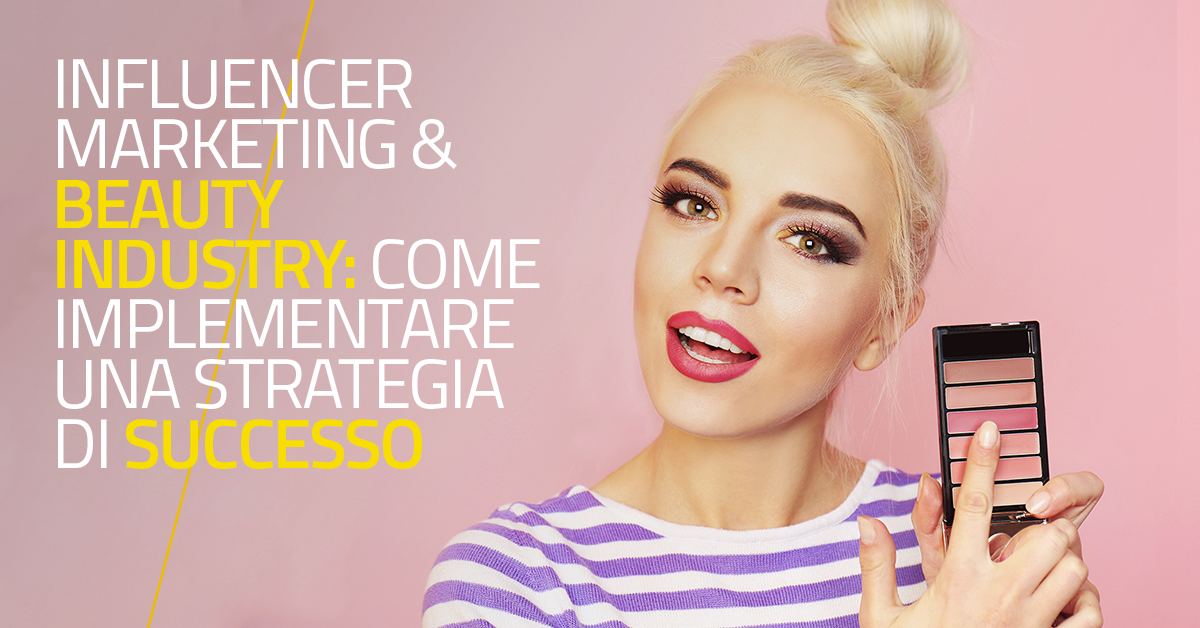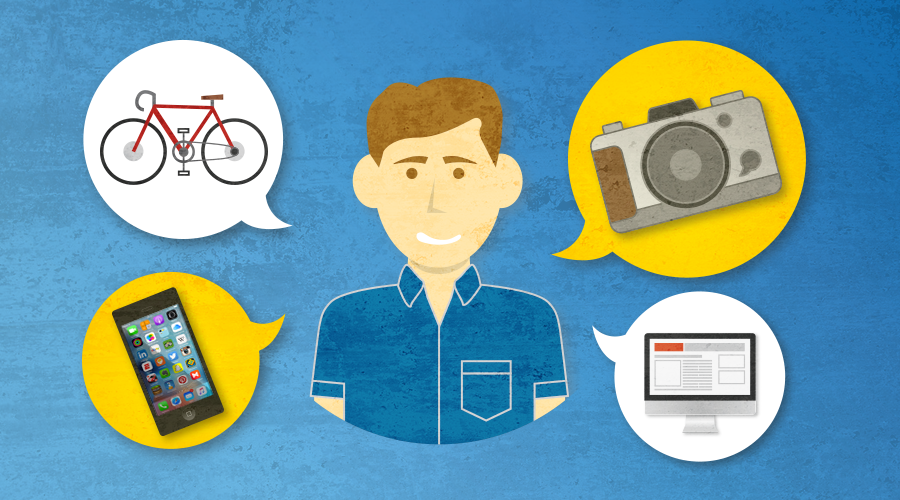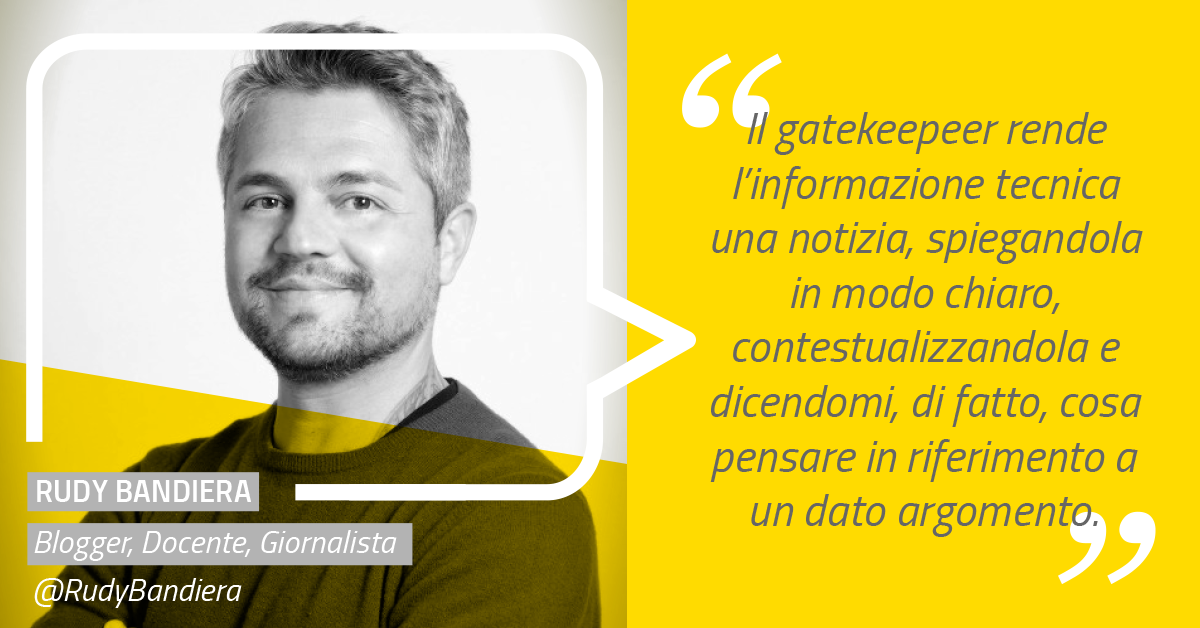Vi siete mai chiesti perché i feed Instagram siano invasi da tutorial sul make up? Grazie al suo grande potenziale visivo e ad utenti sempre più interessati all’argomento, non c’è da sorprendersi che il settore beauty abbia trovato ampio spazio all’interno dei social media.
Ma chi si nasconde dietro l’ascesa digitale del beauty? Chi aiuta i Brand a ottimizzare il proprio budget marketing e a farsi notare in un mondo digitale già saturo di informazioni?
I beauty Influencer, ovviamente.
Secondo un rapporto di Econsultancy, il 60% dei Brand fashion e beauty lavora con Influencer già dallo scorso anno e il 21% di questi pianifica di investire in Influencer anche quest’anno. Inoltre il report evidenzia anche per quale tipologia di campagna vengono ingaggiati gli Influencer:
È chiaro che gli investimenti sull’Influencer Marketing stiano portando risultati positivi, sia che si tratti di celebrity che di micro-influencer come mostrato dall’agenzia Tribe Dynamics che ha misurato l’engagement e i contenuti prodotti da 50.000 influencer nei settori fashion, lifestyle e beauty utilizzando come metrica l’Earned Media Value.
L’EMV è una metrica chiave quando si tratta di misurare il ROI dell’Influencer Marketing poiché rivela il tasso di viralità di una campagna. Ad esempio, il tasso di crescita dell’EMV anno su anno di Kylie Cosmetics, un’azienda cosmetica fondata da una celebre Influencer, ammonta al 620,87%, il che ci fa comprendere che gran parte del valore non provenga da post sponsorizzati, ma da un passaparola spontaneo.
Tuttavia la notizia secondo cui Gwyneth Paltrow starebbe programmando di ridurre gradualmente la connessione tra il suo nome e il brand Goop, ci fa capire che è in corso un passaggio in cui non è necessario associare un Brand beauty a una celebrity per attirare una maggiore audience sulle piattaforme digital.
L’impatto degli Influencer sul ROI dei Beauty Brand
Negli ultimi anni, i Brand hanno mostrato una maggiore fiducia nei confronti di blogger e social media Influencer con un alto tasso di engagement, invece di provare a raggiungere gli editor di riviste beauty patinate. E questo sta portando risultati positivi sia in termini di reach che di engagement.
Ad esempio, noi di Buzzoole, abbiamo lavorato recentemente con Smashbox Cosmetics organizzando un press day a Milano con finalità di branding. Tre influencer Instagram hanno creato due contenuti ciascuna, uno da pubblicare durante l’evento e uno dopo la presentazione. I 6 post sono riusciti a raggiungere un totale di 524.000 persone e ingaggiarne 9.440.
In sostanza, i Brand beauty stanno facendo un ottimo lavoro nel reinventare le loro campagne per soddisfare le esigenze dei consumatori di oggi e il fatto che l’Influencer Marketing stia producendo grandi risultati in questo settore, indica che con ogni probabilità questa strategia continuerà a ottenere successo in futuro.
Questo cambiamento ha messo le “teste pensanti del beauty” di fronte a una realtà in rapidissima evoluzione. Come riportato dall’LA Times la storica direttrice di Allure, nota rivista nel settore beauty, è stata rimpiazzata da un editor più giovane e aggiornata dal punto di vista digital e l’intero staff è stato riorganizzato in modo da includere persone con più esperienza nel digitale. E mentre i suoi colleghi di altre riviste nutrivano diffidenza nei confronti degli Influencer, la nuova direttrice ha deciso di utilizzare un approccio diverso coinvolgendo figure rilevanti per co-produrre contenuti che hanno riscosso molto successo tra i lettori della rivista.
Perché usare l’Influencer Marketing nel settore Beauty
Tutto sta nell’autenticità. Chi segue i beauty Brand desidera ricreare il look delle celebrity, delle passerelle e delle campagne pubblicitarie e toccare con mano i prodotti usati per creare quei look. L’Influencer Marketing funziona proprio per questo: dopo sfilate ed eventi beauty, le Instagrammer creano la propria versione di quei look per i propri follower, mostrando passo passo come utilizzare determinati prodotti per riprodurre lo stile desiderato.
Le campagne di Influencer Marketing, quindi, sfruttano i principali desideri delle audience beauty. I beauty Influencer prendono informazioni e tecniche direttamente dalle fonti del settore per poi personalizzarle attraverso la propria esperienza personale e veicolarle in maniera autentica alle proprie audience di riferimento. Non c’è da sorprendersi infatti che i follower dei beauty blogger siano tra le audience più reattive sui social media.
Inoltre, gli Influencer hanno sempre più spesso la possibilità di dire la loro anche riguardo i processi di produzione dei prodotti beauty, definendone il design, il nome e altri dettagli. La Youtuber Jaclyn Hill, ad esempio, ha sviluppato un illuminante per il viso chiamato Champagne Pop in collaborazione con BECCA Cosmetics. Nei primi 4 giorni di lancio, il prodotto ha incassato ben 4 milioni di dollari e questo successo può senz’altro essere fatto risalire all’influenza di Jaclyn all’interno delle community beauty.
Un altro motivo per cui le campagne di Influencer Marketing beauty hanno la meglio su altre strategie di marketing, è perché si prestano benissimo alla produzione di materiali visual accattivanti come foto e video. I beauty Influencer sono i migliori esperti quando si tratta di preparare setting foto, video, sessioni di make up ecc., destinati alla condivisione su blog e canali social.
Come iniziare oggi una campagna di Influencer Marketing nel settore beauty
Per raggiungere i risultati degli esempi che abbiamo illustrato in questo articolo è necessario conoscere la propria audience, individuare su quali canali è presente e identificare le persone più influenti all’interno della tua community di riferimento.
Buzzoole connette il tuo Brand con gli Influencer beauty con maggiore affinità sui canali più in target per la tua strategia di marketing. La nostra piattaforma, attraverso un complesso sistema di Intelligenza Artificiale, consente di bypassare completamente il lungo procedimento di ricerca degli Influencer, permettendoti di ottimizzare tempi e costi.
Indipendentemente dal tipo di progetto, ricorda che il costo associato all’Influencer Marketing può essere flessibile a seconda delle persone coinvolte, della durata del progetto e del grado di motivazione degli Influencer che partecipano. Coloro a cui vengono affidati dei progetti fortemente in target con la propria nicchia di riferimento e che lasciano loro libertà di espressione, saranno sicuramente più motivati e produrranno contenuti più ingaggianti.
In conclusione, i Brand beauty hanno l’incredibile opportunità di potersi affidare all’Influencer Marketing per produrre contenuti autentici su tutti i loro canali. Questo non solo genererà un maggiore engagement da parte dell’audience già acquisita, ma servirà anche ad accogliere in maniera ottimale coloro che si connettono al beauty Brand per la prima volta attraverso il loro Influencer preferito.
Questo articolo è disponibile anche in: Inglese




